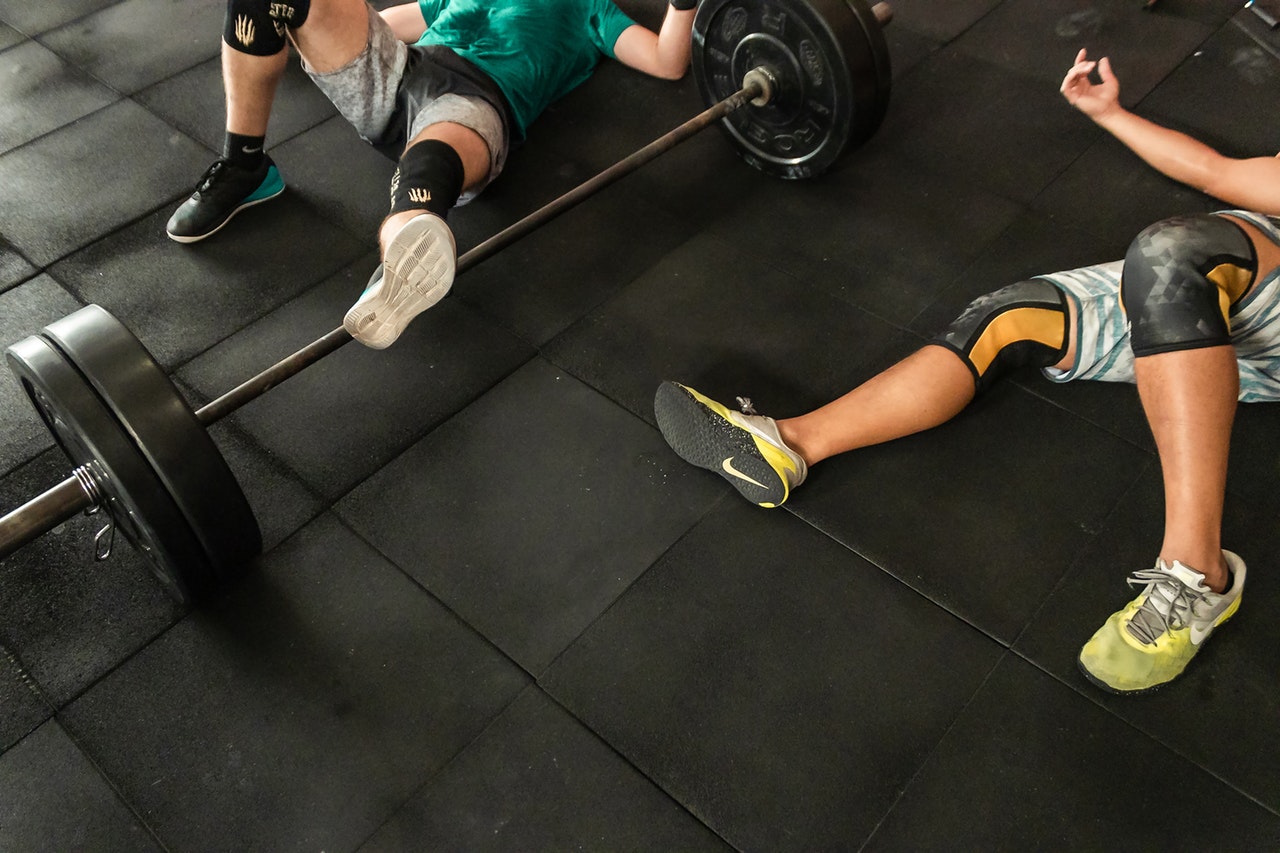
Overtraining is exactly what is sounds like- training too much. More specifically, overtraining is chronic overworking of your muscles without enough recovery time and insufficient fueling. Generally training consists of periodically increasing loads while getting adequate periods of rest and recovery. When training becomes too intense and an individual’s recovery capacity is exceeded, then gains can plateau and in cases of overtraining, decrease.
Overreaching vs. Overtraining
Let’s be clear: it is not bad to train at an intense level some days. You shouldn’t be going all out every training session, but you shouldn’t be taking it very lightly either. When you decide to train more intensely, you should aim for functional overreaching. This is an increase in training that causes a performance decrement (few days to a week or two max) but leads to improved performance after rest. While there is functional overreaching, there is also nonfunctional overreaching. This type of overreaching has a longer performance decrement (weeks to months) and leads to a performance decrease. Most people that are overtraining actually fall into this category. Actual overtraining is termed overtraining syndrome (OTS) and has a performance decrement of greater than two months. Even professional athletes underperform for at least two weeks despite having adequate rest time. Overtraining should not be taken lightly.
Symptoms and Treatment
There are a multitude of symptoms that you can look out for to tell if you are overtraining. These include:
- Early Onset of Fatigue and Persistent Fatigue
- Overtraining can not only decrease performance but it can make easy workouts seem hard. Also, if you feel tired even after resting then you may have over trained.
- Chronic Injury
- An easy way to tell if you have been overtraining is if injuries keep occurring, even after rest. Your joints, tendons, and ligaments will feel achy and inflamed and this is a sign to scale back on your intensity and volume.
- Delayed Recovery
- Normally muscles will feel sore for a few days. Muscles that have been over trained will be sore and feel weak for up to a week, maybe more.
- Elevated Heart Rate
- An elevated heart rate several mornings in a row may indicate overtraining.
The symptoms mentioned above are common and will be seen in nonfunctional overreaching. Overtraining syndrome consists of these symptoms to a larger extent, as well as some other physiological symptoms that can affect other areas of life. Listed below are these symptoms:
- Loss of Appetite
- Normally training stimulates appetite. However, hormone imbalances caused by overtraining can exhaust your physiological state and suppress appetite.
- Insomnia/Restless Sleep
- Like appetite, training should give you more restful sleep. Accumulation of stress hormones like cortisol can cause your body to remain tense making it harder to sleep.
- Depression and Irritability
- System inflammation and subsequent effects on the central nervous system may cause overtraining. Since your entire body is hurting from the inside out, it is easy to see why depression and irritability result from overtraining. If you feel these symptoms apply to you, seek help of a physician or other health professional.
Treatment
First of all, you should focus on prevention. After reading how harmful overtraining can be, you should take steps to prevent overtraining from happening. Rather than spending days to weeks out of the gym recovering, spend a few days going lighter or to recover. Intense workouts should be included occasionally, but try to remain in the functional overreaching category.
Sometimes we get carried away and may over train. When this happens your body needs adequate rest and fuel. A few suggestions are:
- Take a break from training and reduce the volume/intensity on the next few workouts.
- Get an extra hour of sleep or nap .
- Make sure calories in equals calories out, or else you will be in a catabolic state when your body really doesn’t want to be.
- Ensure micronutrients are a part of the diet.
- Self-massage or deep-tissue massage.
- Split the training program so overtraining does not occur.
If you are having trouble deciding how to split up your workouts and how much volume to use, check out our article on splits, frequency, and volume. Many people who train don’t end up experiencing overtraining syndrome, but many reach the overreaching category. Knowing what overreaching and overtraining is and feels like is important to train more effectively and knowledgeably. Remember, train to feel better and be happy doing it!
Visit Modern Fit for tailored workout and diet plans along with hundreds of delicious recipes!



